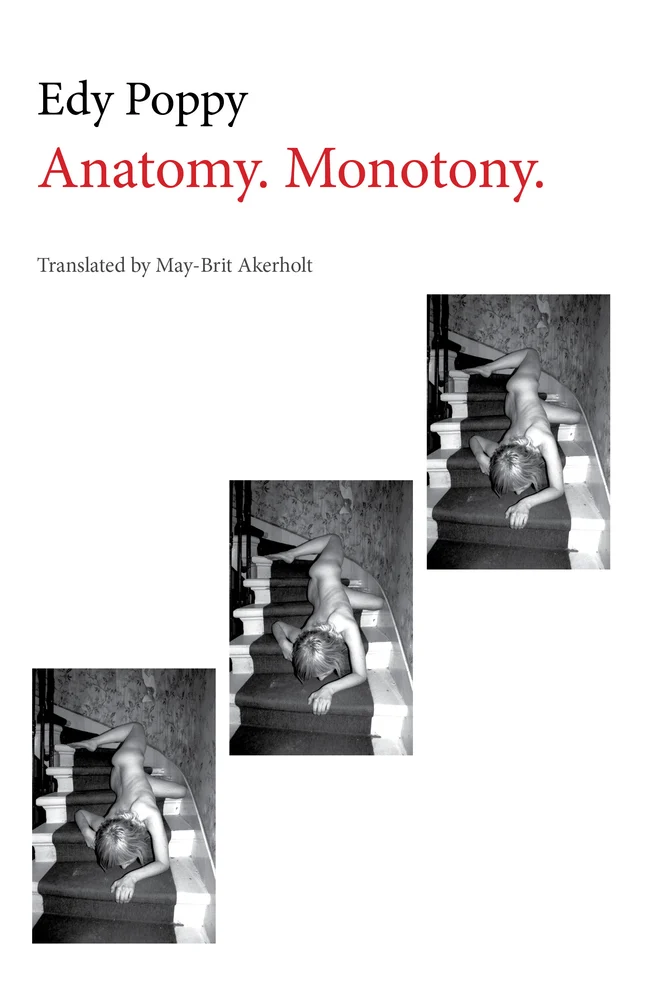Book by TESSA HADLEY
Reviewed by

A novel’s content is inextricable from the experience of its presentation: the order of events, what the reader knows about characters, whether the reader is looking ahead toward consequence or backward for explanation. In Tessa Hadley’s Orange Prize-longlisted The London Train, by the time that Cora, the estranged wife of a high-ranking British civil servant, experiences the “physical closeness” of her seatmate between Cardiff and Paddington Station, “mingled with her awareness of herself, as if there’d been brandy in the coffee they drank,” Cora’s is not the only awareness which Hadley has altered.
Initially, The London Train may strike readers of domestic realism as known territory. Paul, a literary critic who would have preferred to be known as a novelist, has received news of his mother’s death. He arrives at her nursing home too late to view her body, a fumble that will come to seem characteristic as the funeral and aftermath illuminate him and his family through their response to crisis. The funeral also occasions contact with Paul’s ex-wife, who is concerned about their elder daughter, who has left university and will divulge only that she is safe and has moved in with friends.
Paul’s family situation would be enough to generate momentum without his mother’s death, so beginning with a relatively self-contained episode that is eclipsed by, and relatively extraneous to ensuing developments might seem an unnecessary delay. But though Hadley uses plot devices, she is up to something more inventive and destabilizing than A leads to B.
The London Train’s most readily apparent formal innovation is its division into two sections of equal length, the first centered on Paul, the second on Cora. Cora’s section begins with events entirely unrelated to Paul, breaking the dramatic momentum near the book’s exact middle. Yet this violation of standard dramatic convention (narratives may jump around in time, but their momentum mostly builds) only distracts from Hadley’s method of generating a rich experience of time as irretrievable distance, future as past. In the “present” of most of the book’s second part, Paul’s train trips have yet to occur, yet the reader can look “back” to them. Because Paul’s connection to Cora is yet unclear, her story does not have the foreordained quality of explanation. Instead, the narrative seems to be accelerating both backward and forward. The apparently straightforward early chapters, at times driven by external events, at others absorbed in rumination, simultaneously prepare and throw the reader off the scent of this intricate, insightful, and ultimately deeply absorbing novel.
The London Train is remarkably interior, with long sections entirely in Paul or Cora’s acutely rendered consciousnesses, narrated rather than presented in scenes. While some readers may find this keeps the characters at a remove, interpreted through the filter of Paul or Cora’s thoughts, it enables Hadley to vary the pace and scale while keeping the experience of the sentence flow consistent. When Paul and Cora do eventually meet, Hadley slows down to an exquisitely epigrammatic play-by-play, magnifying the significance of Cora’s heightened perceptions, feeding the reader the details by which to recognize Paul, and for which Cora falls.
Characteristically for The London Train, they meet well into Cora’s section, two-thirds of the way through the book and three years before most of the action up to that point, little of which has had any apparent relation to their encounter. (In the book’s first part, though Paul’s wife had mentioned his affairs as her reason for distrusting his London trips to see his daughter, by that point Cora was little in Paul’s thoughts.) So when a man whose similarity to Paul becomes steadily more evident sits down next to Cora, it seems both accidental and inevitable—as such things do, once they have happened. Now (thinks the reader) the book will converge with its title, and of courseCora and Paul would encounter one another; why else has Hadley paired their stories? The novel’s structure, rather than its content, gives urgency to the encounter.
Hadley deploys perceptible, even obvious, parallels between her two lead characters, perhaps coyly, since, as other reviewers have noted, she has Cora prefer “commercial novels” to “so-called literary fiction,” finding it “more true to life.” In the book’s first half, Paul must find his daughter; in the second, Cora must find her missing civil servant husband. Paul has a best male friend; Cora has a best female friend (who is also her sister-in-law). Both Paul and Cora have lost parents. Both Paul and Cora’s husband go missing (as does Cora, in a way, with her jaunts to refurbish her childhood Cardiff house after her mother’s death). Such parallels—the coincidences of “commercial novels”—might seem to bear too much evidence of arrangement if they were the sole engines of the novel’s momentum.
But all this symmetry only enables The London Train’s larger and deeply satisfying asymmetry. Hadley uses the London train, what happened that has yet to be revealed, to keep enormous shadows moving behind Paul and Cora’s daily motions. But subtract Paul and Cora’s affair, and the other plots would still cohere. To make a causally extraneous event seem so central, and yet irrelevant, is a remarkable achievement in naturalistic fiction, and a fascinating use of novelistic form. The novel does not return to Paul, and it seems fitting, having begun with his inept response, to end with Cora’s cautious but shapely resolution that “[t]he night ahead was a brimming dish she had to carry without spilling it.” In The London Train observation and insight do not lend further control over the journey. But they may just give pleasure.
Sarah Malone has published work in Five Chapters, PANK, The Collagist, The Awl, Open City, and elsewhere. She has an MFA in Fiction from the University of Massachusetts Amherst, where she was a Juniper Fellow and Assistant Director of the Juniper Literary Festival.



